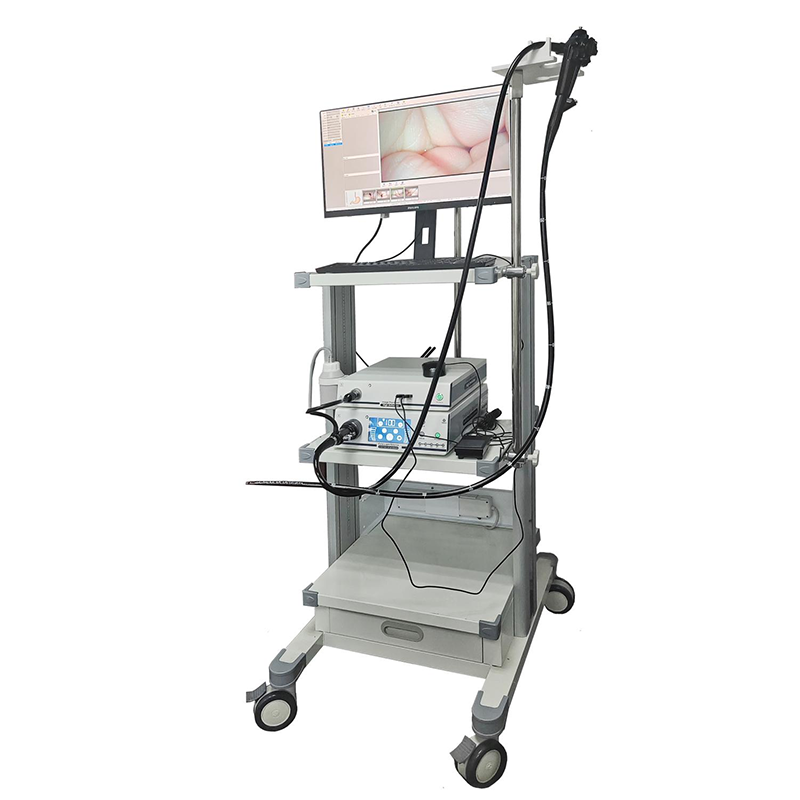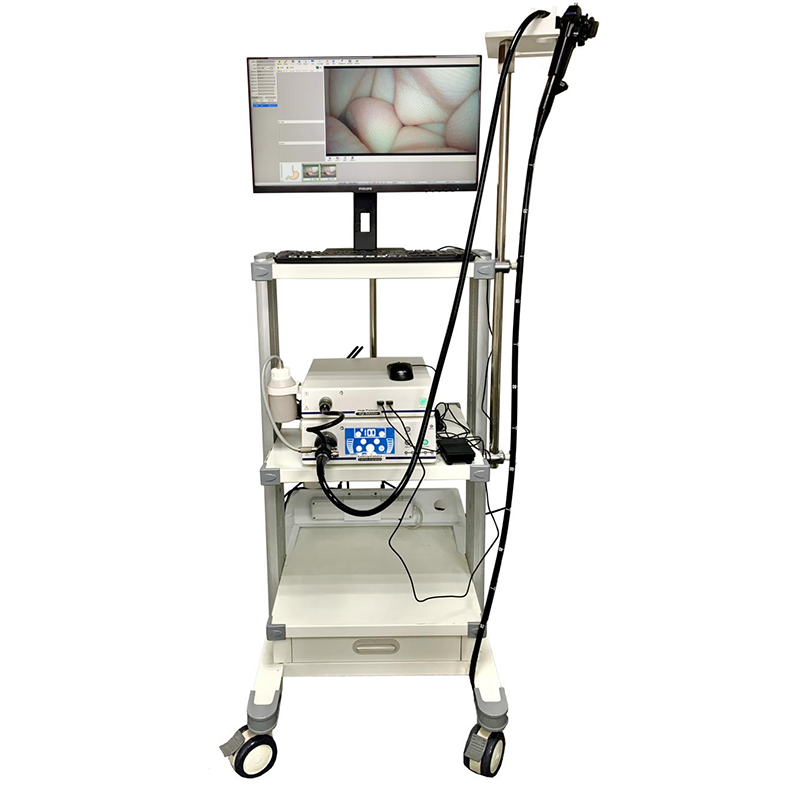Gastrointestinal scopes play a crucial role in the diagnosis and treatment of various digestive system disorders. From detecting ulcers and tumors to performing biopsies and removing polyps, these instruments are indispensable in the field of gastroenterology. However, the longevity of gastrointestinal scopes is often a concern for healthcare facilities. It’s essential to understand the significance of maximizing the lifetime of these instruments to ensure efficient and cost-effective patient care.
The lifespan of a gastrointestinal scope primarily depends on how well it is maintained and handled. Proper cleaning and disinfection after each use are critical in preventing damage and deterioration. Inadequate cleaning can lead to the accumulation of debris and biological material, which not only impairs the scope’s performance but also poses a risk of infection to patients. Therefore, adherence to stringent cleaning and sterilization protocols is imperative in extending the lifespan of gastrointestinal scopes.
Regular inspection and maintenance are equally important in preserving the functionality of these instruments. Any signs of wear and tear should be addressed promptly to prevent further damage. Additionally, proper storage and handling procedures should be followed to avoid unnecessary stress on the scope’s delicate components. By prioritizing these maintenance practices, healthcare facilities can prolong the lifespan of their gastrointestinal scopes and minimize the need for premature replacements.
Maximizing the lifetime of gastrointestinal scopes also has financial implications for healthcare providers. The cost of acquiring and replacing these instruments can be substantial, especially for facilities with budget constraints. By implementing measures to extend the lifespan of their scopes, healthcare providers can effectively reduce equipment expenses and allocate their resources to other areas of patient care. Furthermore, avoiding frequent scope replacements can minimize operational disruptions and contribute to a more streamlined endoscopy practice.
In addition to the financial benefits, maximizing the lifetime of gastrointestinal scopes is integral to ensuring uninterrupted and high-quality patient care. With a reliable inventory of well-maintained scopes, healthcare facilities can avoid the risks of equipment failure and the associated impact on patient scheduling and outcomes. Furthermore, a proactive approach to scope maintenance can enhance overall efficiency in the endoscopy unit, allowing for more consistent and timely procedures.
Notably, the longevity of gastrointestinal scopes is a shared responsibility among all stakeholders involved, including healthcare providers, endoscopy technicians, and equipment manufacturers. Comprehensive training and education on proper scope handling and maintenance should be provided to personnel, emphasizing the importance of adherence to standards and protocols. This collaborative effort is essential in promoting a culture of accountability and excellence in endoscopy services.
In conclusion, maximizing the lifetime of gastrointestinal scopes is a multifaceted endeavor with far-reaching benefits. By investing in proper maintenance, inspection, and handling practices, healthcare facilities can prolong the lifespan of their scopes, reduce equipment expenses, and uphold the quality of patient care. Ultimately, a proactive approach to scope management is crucial in ensuring the efficiency, cost-effectiveness, and reliability of endoscopy services.

Post time: Feb-26-2024

